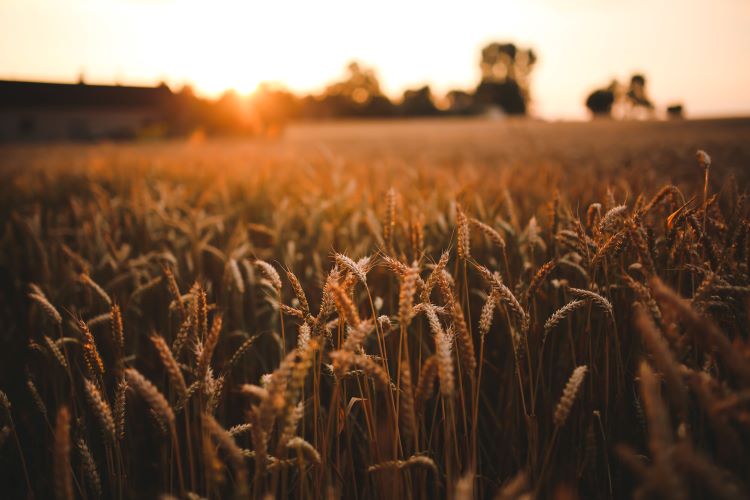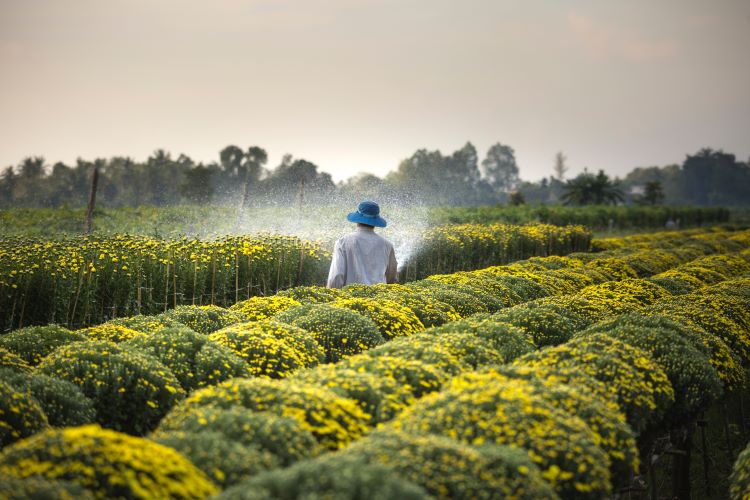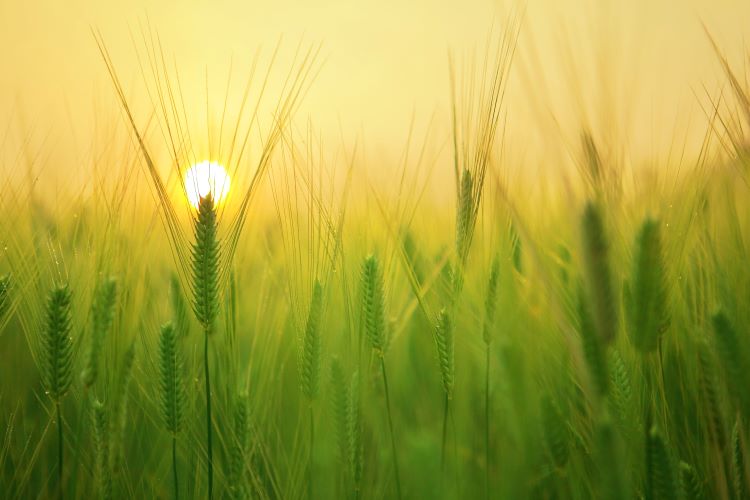Historically speaking, the Middle East was home to what is known as the Fertile Crescent, an area of fertile soil irrigated by big rivers such as the Nile, the Tigris, and the Euphrates. Because of the agricultural capabilities of this region, many civilizations were prompted to develop here.
However, in recent history, the Middle East was affected by climate change, urbanization, and conflicts. As a result, the region became one of the world’s most important importers of food. To come to a solution to this crisis, many organizations have proposed ambitious projects that aim at redefining food and agriculture practices that are used today.
Food Heritage Foundation
The Food Heritage Foundation is a non-profit organization that was started with the help of the American University of Beirut, in 2005. Its main task is to preserve the culinary traditions of Lebanon by encouraging small producers and by boosting the market for traditional cuisine.
The FHF aims at implementing projects that will attract economic gain to Lebanon. Currently, the organization has promoted four main programs “Souk Aal Souk” Farmers’ Market, Community Gardening, “Darb el Karam” Food trail, and “Akleh” Community Kitchens. Through its work, the FHF wishes to preserve the local traditions related to food and to protect them against globalization.

Ark of Taste
The team behind the Ark of Taste is well aware of the fact that family-based agriculture and production systems are in danger due to a cumulus of factors such as conflict, industrialization and the abandonment of rural areas just to name a few.
The aim of this organization is to protect traditional food products from extinction. For example, the Ark of Taste is currently fighting to preserve matzo, a type of bread that is part of the Jewish cuisine in Israeli communities.
The organization has created a network of local farmers’ markets where producers get the chance to sell their home-made products at fair prices.
Oman’s Holding Company for Environment Services
Oman’s Holding Company for Environment Services, also known as Be’ah, is a company owned by the Omani government that develops and implements government policies regarding waste management. Through these projects, the government wishes to encourage sustainable agricultural practices and to conserve the environment for future generations.
When it comes to the agriculture of Oman, the main types of livestock raised in the country are goats, sheep cattle, cows and camels. If you want to learn more about cattle care, you can do so on silverlakefarms.com.

My Arabian Almanakh
My Arabian Almanakhis an urban gardening program that tries to encourage the population from urban areas to try urban gardening. At first, the My Arabian Almanakh started as a Facebook page, but it has now developed and, in recent years, its creator, Laura Allais-Maré and four other women in the UAE managed to publish a guidebook that helps those interested in giving urban gardening a try.
The type of agriculture that the My Arabian Almanakh encourages is known as permaculture, and it centers around the idea of using renewable resources and producing no waste.
Laura Allais-Maré is also the manager of Slow Food Dubai, a Convivium of Slow Food International. Through this organization, its members promote cultural diversity, clean food and they encourage the revival of seasonal culinary traditions.
The implementation of these projects shows an interest in sustainable agriculture and local food practices and traditions all through the Middle East.
Apart from trying to protect the traditions in the region, many other organizations have also created programs such as Re:Food, The Ramadan Sharing Fridges campaign or the Food Not Bombs project, all of which are projects that strive to provide food to those in need that face hunger.



